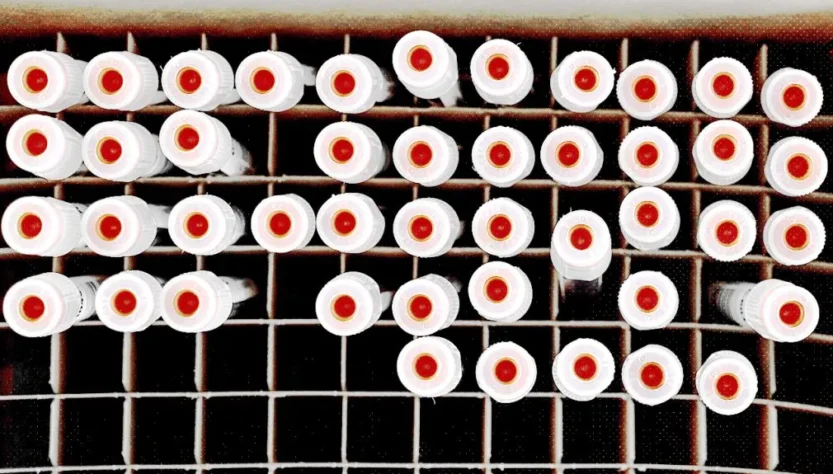Even though everyone has a specific blood types-blood-فصائل الدم-more info, not many really understand what all that means. We might know what type we are, but how and why we got our specific type is something that is a mystery for most of us. Much of this information is merely interesting and isn’t intended to change our lifestyle, but I just thought I would put some facts down in this article, even though there isn’t much we can do once we were born with our type of blood.
The blood type that we have was inherit from our parents. There are four types: A, B, AB and O, and these types are determined by the presence or absence of two antigens that are on the surface of our red blood cells. Antigens are a substance that can cause an immune response. There is a third antigen call Rh factor which is either present or absent.
These antigens are the reasons why we humans over time developed different blood types. The antigens in type O blood, which is the most common blood type especially with Hispanics and natives of Africa, give people with this type a sort of built-in immunity that prevents them from getting sicker from malaria than people of other blood types. Over time it appears that blood types changed in humans as a preventive measure from infectious disease.
The oldest is Type A, and has been with us actually since before we became human. It is now the second most common type of blood. From Type A, blood mutated to Type B, which is quite rare, especially with Hispanics and Caucasians. In the human evolutionary process blood mutated to the most common type, O. Lastly is type AB, which is very uncommon. Well less than 10% in any race will have this type of blood.
Blood incompatibility of course is the biggest issue when it comes to blood types. I won’t go into it here, but suffice to say that when certain types are mix the donor cells are treat. As if they were foreign invaders, and the patient’s immune system attacks them, many times with fatal results. But anyone can receive type O blood. And fortunately that is the most common type in the US and obviously is in the most demand.
It has been believe that blood transfusions have had something to do with the incompatibility of blood types. However, blood incompatibility has been with us much longer than the relatively recent practice of blood transfusions between people, so this could hardly have been a factor.
On a final point: what can our blood type told us about the type of diet we should be on. There are some dietitians that feel that diet should be based around blood type. But most believe that is reaching a bit too far. There are some indications that Type O calls for a severe restriction in grains. We will probably hear more about this. But right now there are probably quite a few more factors to a healthy diet then what our type of blood happens to be.

